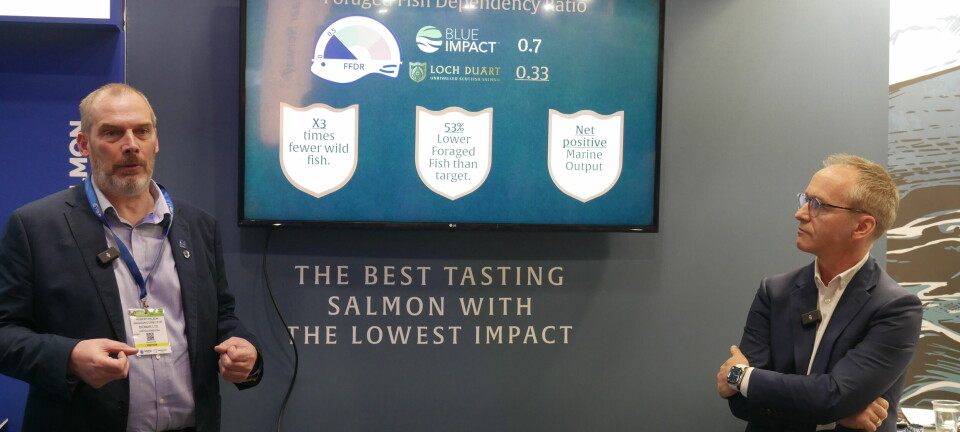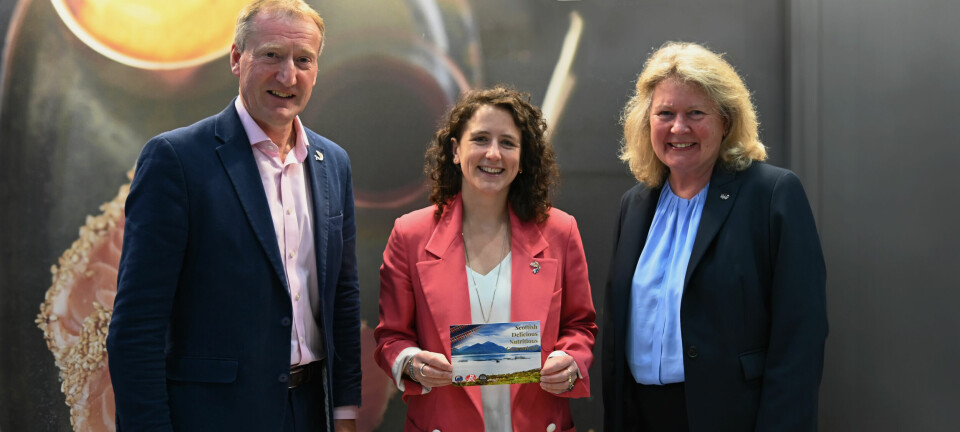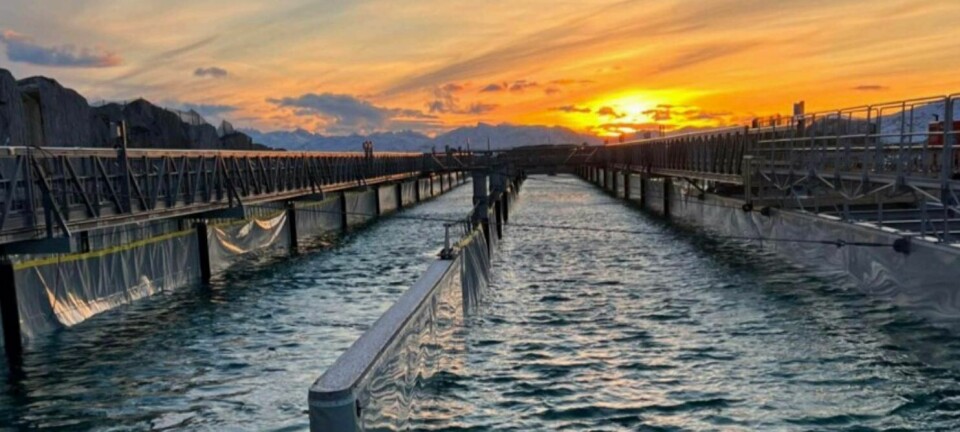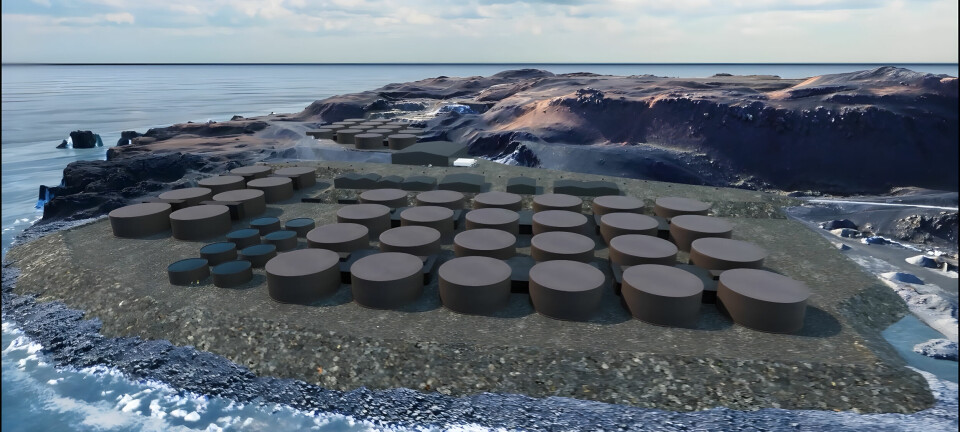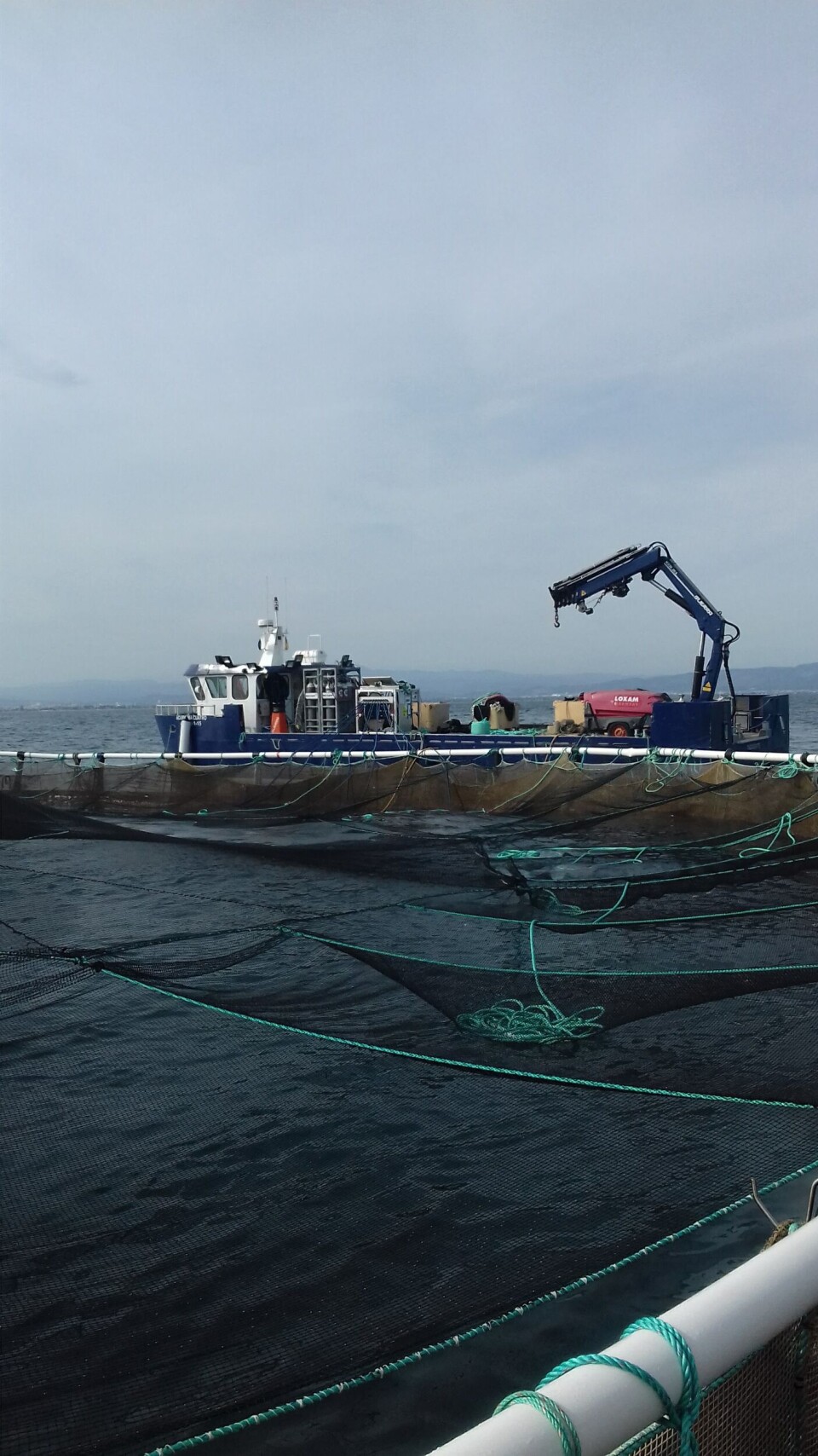
Mediterranean fish farms modernise and grow
Fish farming in the Mediterranean is on the rise, as new methods of parasite control make large-scale operations in warm water more feasible.
Traditionally fish farms in the region have used small pens and cheap labour. However, there is a potential for more profitable farming with larger pens and modern technology.
Andromeda Group, a large-scale farming company which grows sea bream at Alicante, Spain, is one such enterprise which is keen to fulfil that potential - and it is looking to Norway as a model to follow.
Its operations manager, Olav K Øvereng, said: “We have clear ambitions toward increasing efficiency. With modern gear we will be able to reduce labour costs. In the Mediterranean there is a tradition for using manual workforce. This includes diving for dead fish and for assessing feeding.
“Our daily output is between 15 and 20 tonnes, so compared to Norwegian farms our efficiency can be improved. The potential for development is there and the market for farmed fish is good.”
During the past 12 months Andromeda Group has steadily implemented Norwegian farm equipment at its farm locations, including fully automated feeding. “This is an ongoing process for us - we will develop our management with the help of technology that today is used in Norway,” said Øvereng.
Parasite treatment
Parasites are a concern in the Mediterranean as elsewhere, with a type of gill fluke causing severe problems if left untreated. Traditional methods of control have not been satisfactory, mainly because the dissolving of oxygen during bath treatment has not been effective. However, in January this year the farm at Alicante made use of a Norwegian hose diffuser called NetOx, producing microscopic bubbles to the bath.
“With this gear the fish is able to make use of the oxygen we add, and the process of treatment is far more secure,” Øvereng said.
Nils Hovden of Rantex Marine in Trondheim has seen a rise of requests from abroad for complete systems for parasite treatment. “Oxygenation equipment has become fundamental to fish farming, and this diffuser is being widely used in the tropics,” he said. “For the first time we are also delivering the tarpaulins.”
Larger fish pens
Andromeda Group has gradually shifted to larger fish pens, and today the standard pen used is 120 metres in diameter.
Øvereng said: “Our staff has steadily taken on new ways of operation. Most Mediterranean fish farms have been using the same mode for 25 years. We now see an overall change and development in the region.”
Andromeda Group also operates fish farms in Greece, and will invest in modern equipment at all its farm sites. The use of working platforms is also a new practice in the region.
Controlling the feed factor is an important key to success. In this field there have been few models available for planning and simulating growth and feed ratio.
“The Mediterranean offers great potential for fish farming,” said Øvereng. “We sell the sea bream whole at 400 gramme size, at 6 euros per kilo. It is a well known product and we harvest according to the general availability in the market.”
